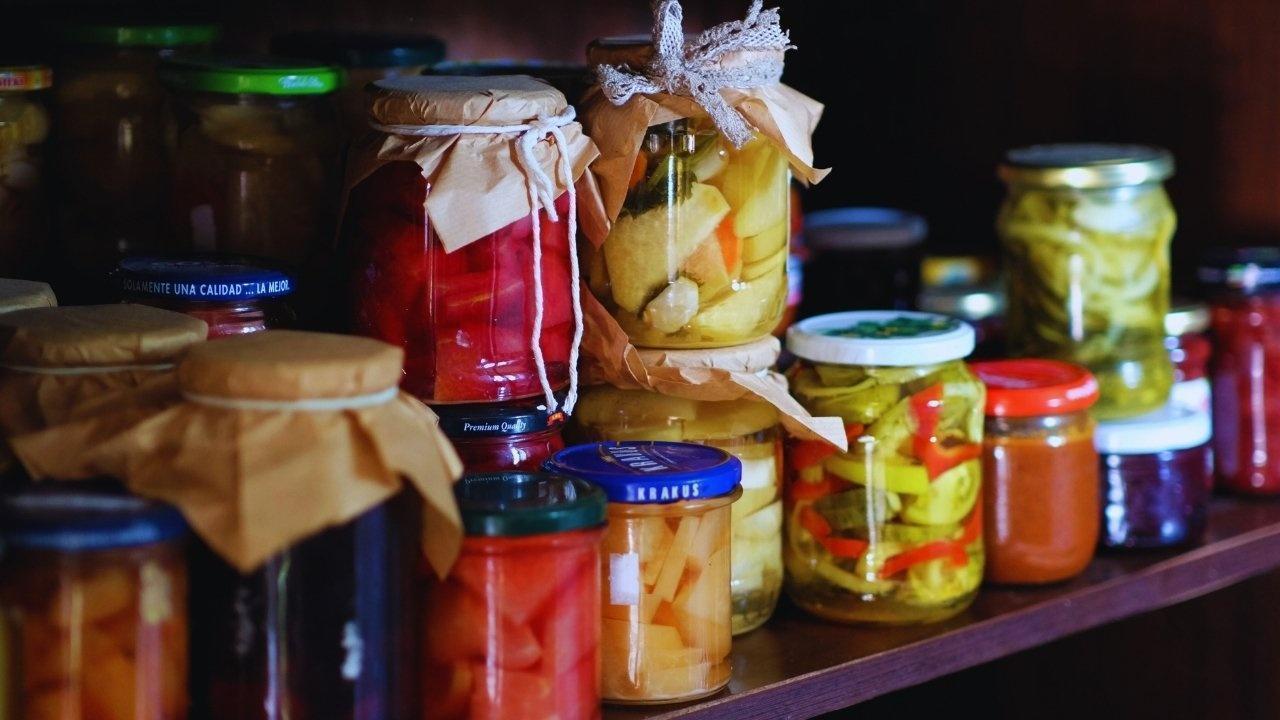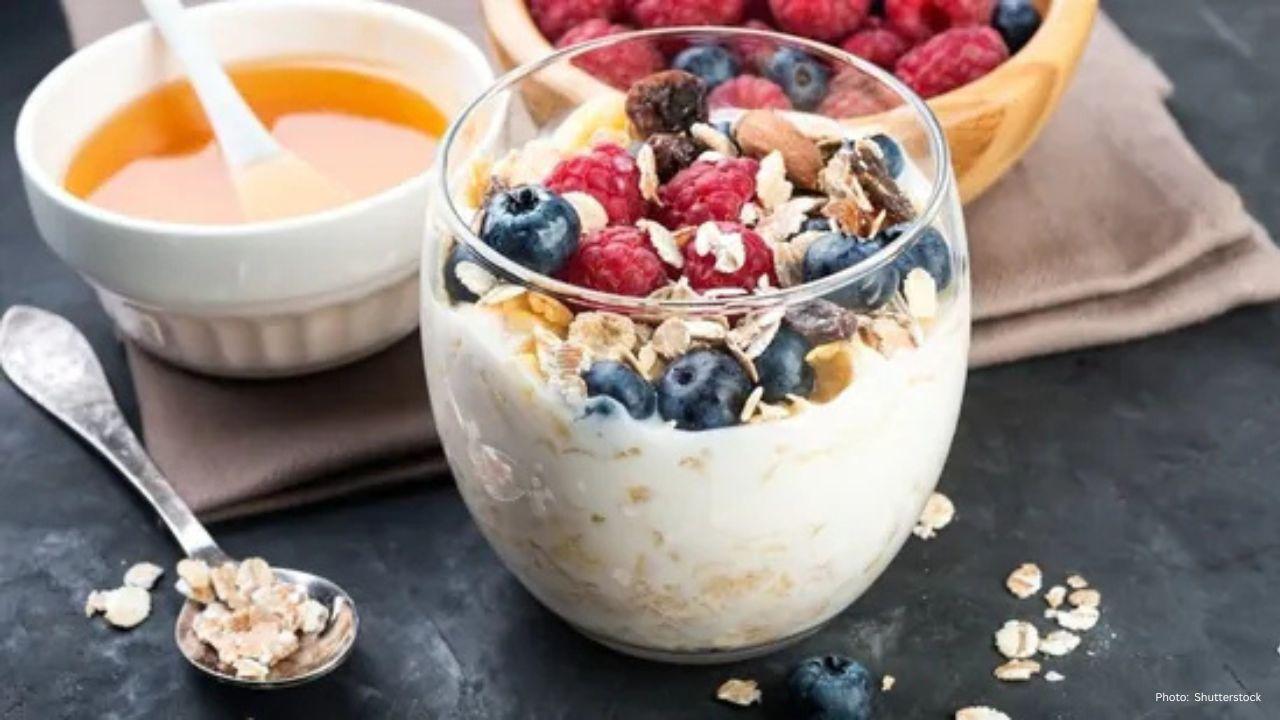
Post by : Anis Al-Rashid
Long before fridges and processed snacks became commonplace, humans utilized fermentation for food preservation and flavor enhancement. Various cultures have rich traditions surrounding fermentation—yogurt and lassi in India, kimchi in Korea, and sauerkraut in Germany, to name a few.
These age-old practices now play a crucial role in contemporary wellness. As lifestyle-related diseases and weakened immune systems become more prevalent, fermented foods have emerged as significant allies. This resurgence isn't just nostalgic; it's a fusion of science and tradition.
The key to robust immune health often starts in the gut, and fermentation serves as one of nature’s best tools for nurturing it.
Modern wellness is revealing something timeless: our gut is central to immunity. Remarkably, nearly seventy percent of our immune system resides within the gut, shaped by trillions of microorganisms.
These microorganisms, grouped as the gut microbiome, actively participate in immune health. They fend off harmful bacteria, modulate immune responses, build antibodies, manage inflammation, and influence nutrient absorption.
Fermented foods provide the beneficial bacteria, enzymes, organic acids, and bioactive compounds essential for the diversification of gut flora. A healthier gut means a stronger line of defense against infections and diseases.
Fermentation is a process in which microorganisms like yeast and bacteria transform food components — primarily sugars and starches — into beneficial compounds. This changes food in three critical ways:
1. Boosts Nutritional Value
Fermentation elevates vitamin levels, generates enzymes, and aids in nutrient absorption. For instance, fermented dairy products are often easier for lactose-sensitive individuals to digest.
2. Generates Probiotics
The cultures formed during fermentation increase the population of friendly bacteria within the digestive tract.
3. Enhances Digestion
Fermentation pre-digests certain food elements, making it easier for the stomach and intestines to handle.
Essentially, nature does part of the digestive work for you.
The result is food that nourishes not just with calories but with biological intelligence.
Let’s explore several traditional fermented foods and their immune-boosting effects.
Rich in live cultures, both yogurt and kefir support gut health, enhancing digestion and nutrient absorption. Kefir often provides a more diverse range of microbial strains.
These cabbagy ferments offer fiber, antioxidants, and Vitamin C. The addition of ingredients like garlic and ginger in kimchi contributes to immune support.
In regions like India and Southeast Asia, fermented grains are staples of breakfast. Lactic acid fermentation enhances digestibility and nutrient access.
These items bring beneficial enzymes and amino acids that contribute to gut healing and immune equilibrium. Tempeh also provides plant-based protein.
This fermented tea offers organic acids and antioxidants vital for gut cleansing. Furthermore, it's an often-overlooked hydration booster, another immunity factor.
Salt-brined pickles support digestion and microbial diversity, differing in benefits from vinegar-preserved varieties.
These foods evolved out of necessity. Today, they serve as healing elements within our kitchens.
Beneficial bacteria help regulate harmful microbes, thus lowering the risk of infections and encouraging an even immune response.
Optimally functioning gut linings foster enhanced antibody output, aiding in the body’s ability to recognize and combat threats.
Many fermented foods play a role in controlling inflammation, a leading cause of chronic health issues.
Immunity is dependent on sufficient nutrition; fermentation boosts the absorption of vital vitamins and minerals.
Fermented foods encourage the development of compounds that possess antiviral, antibacterial, and antifungal benefits.
Fermentation enhances immunity through fostering internal balance rather than imposing force.
The gut is not just connected to immunity; it's also linked to mental health. This relationship shows that mood, energy, and immune function are intertwined. Poor digestion elevates stress; heightened stress can weaken immunity. By nourishing the gut bacteria that produce neurotransmitters like serotonin, fermented foods indirectly strengthen emotional resilience.
Improved gut health typically leads to a more stable mood and better immunity.
Wellness is interconnected; each system influences another.
Despite advancements, modern lifestyles impede immune fortitude due to:
– processed foods
– overuse of antibiotics
– environmental toxins
– insufficient fiber and greens
– stress and poor rest
– sedentary habits
– sugar-rich diets
– limited microbial variety in food
Fermentation counters many of these challenges, reintroducing beneficial microbes lost in industrial processing. It aids digestion compromised by stress and anchors ancestral wisdom in a fast-paced world.
No matter the pressures on the gut in modern life, ancient foods can restore balance.
Fermented foods generally benefit everyone, but they are particularly advantageous for:
– individuals with weakened immunity
– those recovering from illness
– people with digestive issues
– frequent antibiotic users
– individuals experiencing stress
– older adults facing declining gut flora
– those adapting to new diets or travel
They aren't guaranteed solutions but rather continuous, supportive nutrition.
Since fermented foods are potent, start with smaller portions to allow your gut to acclimate.
Opt for unpasteurized and naturally fermented items where possible.
Variate between yogurt, pickled vegetables, fermented grains, and kombucha rather than focusing solely on one type.
Fiber feeds probiotics, so pairing fermented items with fruits, vegetables, and whole grains augments their benefits.
Consistency is beneficial; a daily serving of yogurt or occasional pickles can lead to substantial long-term health improvements.
Those who make fermented foods a regular part of their diets often notice:
– lighter digestive experiences
– improved bowel rhythms
– reduced feelings of bloating
– clearer skin
– more stable energy levels
– enhanced mood and focus
– fewer seasonal colds
– quieter guts during stressful periods
These shifts may seem subtle but reflect deeper internal fortitude.
Fermented foods are typically safe, though some should exercise caution:
– people with histamine sensitivities
– those with severe gut disorders
– first-time probiotic users may encounter temporary gas or bloating
Adjusting servings and frequency can help, and consulting with a professional is advisable for those with health concerns.
Beyond the science lies the essence of fermentation as a traditional art form. It embodies patience, skill, and time, allowing us to connect with our roots, familial customs, and the simplicity of nourishment.
These foods illustrate that health is multidimensional—physical, emotional, cultural, and sensory. Fermented foods encourage us to embrace natural rhythms and coexist with beneficial organisms rather than resorting to sterilization.
Healing is not solely chemistries; it also encompasses culture and mindfulness.
As the world speeds up and becomes increasingly processed, fermentation remains a source of grounding. It reiterates that genuine nourishment is vibrant, evolving, and intrinsically linked to nature. Fermented foods improve immunity by partnering with our bodies, supporting the microbiome, managing inflammation, refining nutrition, and promoting balance throughout our systems.
In each spoonful of yogurt, every homemade pickle, and every bowl of miso soup lies a quiet but profound revolution—one that empowers, heals, and roots health in age-old practices intertwined with modern insights.
Healthy immunity doesn't rely on exotic fads or pricey supplements. Often, it starts in a humble kitchen, with jars fermenting, ingredients changing, and life flourishing under natural principles.
Incorporate fermentation into your routine to nurture not just your body, but the foundation of lasting resilience.
This article serves informational and editorial purposes. The effects of fermented foods can vary based on individual digestive tolerance and health status. Anyone with specific gut issues, immune problems, or dietary needs should seek personalized advice from a qualified healthcare professional.










Suranika Roshan Celebrates The Moon Beam Bakery Opening
Suranika Roshan launches The Moon Beam Bakery in Mumbai, with Saba Azad sharing her admiration on In

Jets Set Franchise Record with Dual Special Teams Touchdowns
The New York Jets made history with two special teams touchdowns, marking a record in franchise hist

Chargers Triumph Over Steelers 25-10 in Dominant Display
The Chargers secured a 25-10 victory against the Steelers, showcasing Herbert's skills and overwhelm

Rams Triumph Over 49ers; Adams Leaves with Injury
Los Angeles Rams defeated the San Francisco 49ers 42-26, but Davante Adams exited late with an obliq

Choosing Between Jurel and Pant: An Indian Selection Challenge
Dhruv Jurel's phenomenal form before the South Africa Tests makes it tough for selectors as Rishabh

Karthik Venkataraman Secures Spot in FIDE World Cup Fourth Round
GM Karthik Venkataraman triumphed over Bogdan-Daniel Deac to advance in the FIDE World Cup 2025, sho